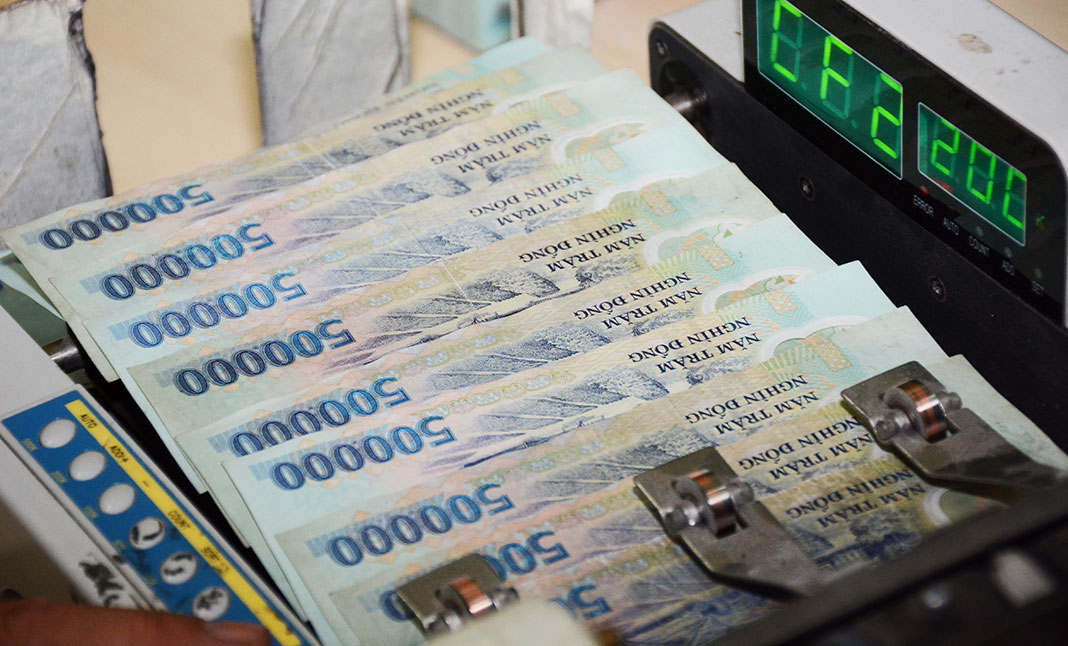HCMC – Prime Minister Pham Minh Chinh has directed the State Bank of Vietnam (SBV) to develop a roadmap for replacing annual credit growth quotas with a more transparent regulatory framework, starting in 2026. This move would phase out the long-standing administrative cap system.
The measure is part of broader efforts to stimulate economic growth, curb inflation, and maintain macroeconomic stability, reported the Government news website (baochinhphu.vn).
Under the plan, the SBV will pilot the removal of credit growth quotas for commercial banks from 2026, moving away from the discretionary “ask-give” mechanism. Instead, commercial banks will be evaluated against clear performance metrics and compliance with prudential standards to determine their lending capacities.
The central bank is tasked with ensuring public transparency and strengthening supervision to mitigate systemic risks. The reforms aim to support a more resilient and competitive banking system while aligning credit expansion with inflation control objectives.
Vietnam has long used credit growth quotas to manage inflation and maintain macroeconomic balance. However, the mechanism has faced criticism for creating inefficiencies, especially when banks reach their limits and cannot extend new loans despite demand.
In addition to credit reform, the prime minister called for accelerated implementation of the 2021–2025 banking sector restructuring plan, with a focus on resolving non-performing loans and tightening lending in high-risk sectors.
The SBV was also instructed to take strict action against violations such as market manipulation, cross-ownership, and insider lending, which pose threats to financial system safety.
Efforts to simplify administrative procedures, reduce business costs, and promote digital transformation were also highlighted. The Government urged prioritizing credit to sectors such as infrastructure, exports, digital economy, and green economy.
The central bank is expected to finalize regulations for targeted credit programs, including affordable housing for young people and a VND500-trillion package for infrastructure, science and technology, and digital transformation.









